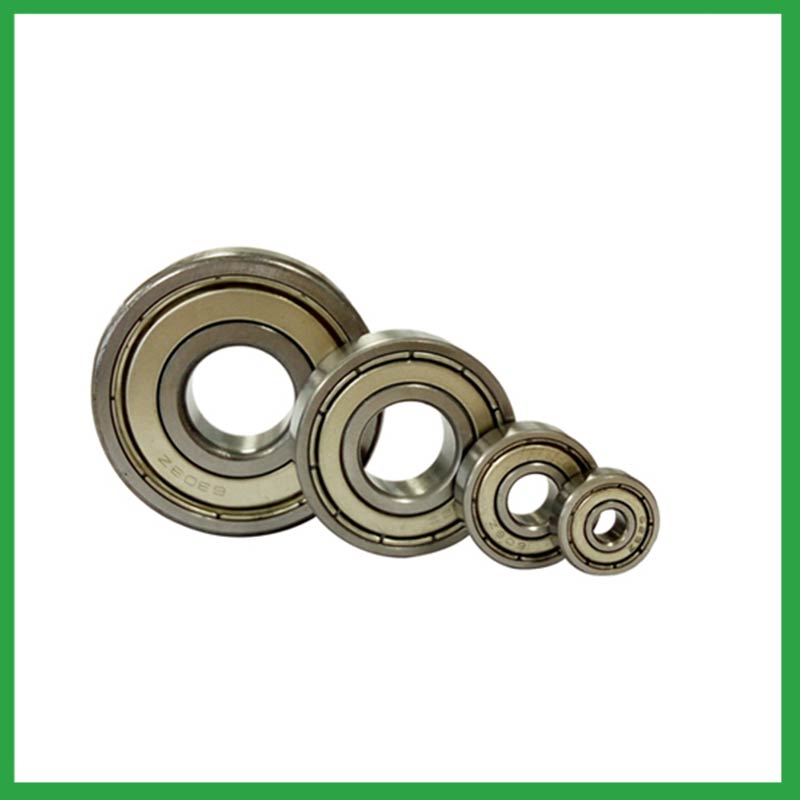PRODUCTS
CONTACT US
Ningbo Nide International Co., Ltd.
一一
· Contact person:Jack Zeng
· Mob/Whatspp/WeChat:0086-13738869026
· Email:emarketing@nide-group.com;marketing4@nide-group.com
· Add:No. 169, Wohushan Road, Daqi Subdistrict, Beilun District, Ningbo, China
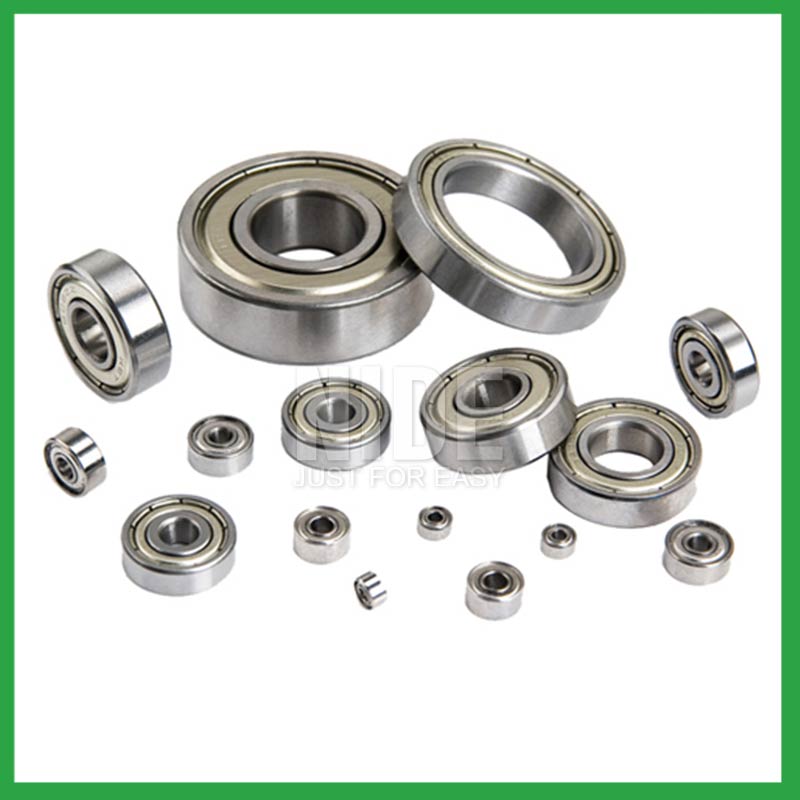
Nide team could manufacture ball bearing as per customer’s drawing and samples.
If customer only has samples, we could also design drawing fo r our customer.
We also provide customized service.
Our ball bearing is widely applied the different industrials.
Ningbo Haishu Nide International Co., Ltd is located in Ningbo City, Zhejiang Province. It is a high-tech enterprise that integrates research and development, application, production, and sales. Mainly producing high-performance ball bearing,shaft,fan,carbon brush,motor cover and lamination,thermal protector, etc. The product has a series of characteristics such as oil-free self-lubricating, wear resistance, corrosion and rust resistance, acid, alkali, salt and gas corrosion resistance, no magnetic and electrical insulation, high temperature and cold resistance, light weight, etc. It is widely used in industries such as servo motor,BLDC motor,electric bicycle motor,air condition motor,single and three phase induction motor,compress motor,electric automotive motor,fan motor.
By ceaselessly improve our quality and, our products win high praise for our favorable price, excellent service and timely delivery. No matter before or after sales, from quality to price, we have the complete and professional management system.
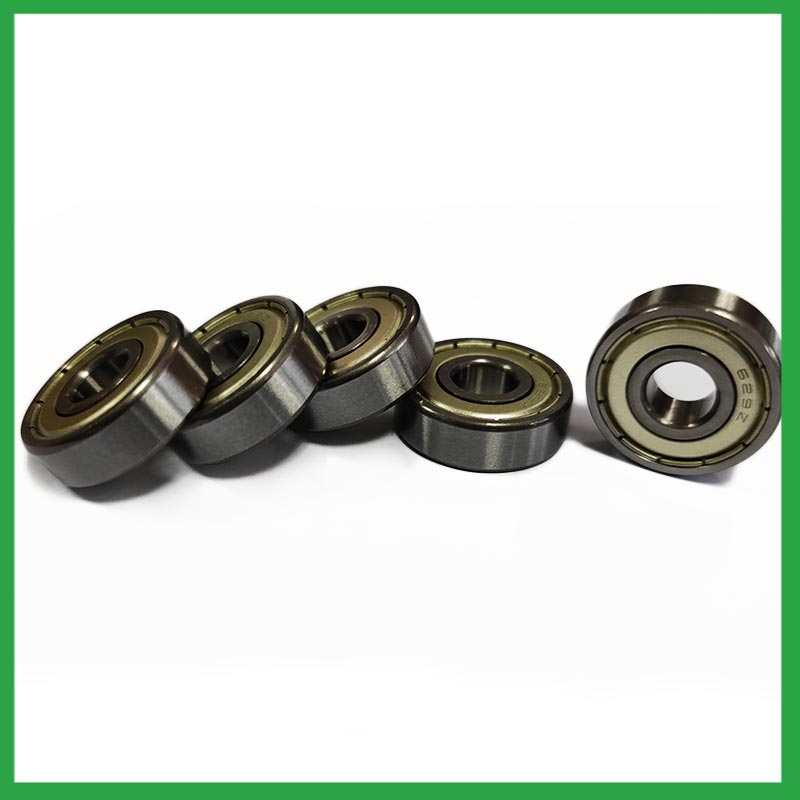
| Parameter | Information |
|---|---|
| Product Name | ball bearing door closer |
| Brand Name | NIDE |
| Place of Origin | Ningbo,Zhejiang,China |
| Material | chrome steel, etc. |
| Structure | Deep Groove |
| Color | Customized Color |
| Delivery Time | 5-7days |
| Port | Ningbo/Shanghai |
| Export region | Africa,Asia,America |
| Export Country | India,Brazil,South Korea,Kiribati,Barbados,Guinea-Bissau,Algeria,Virgin Islands...etc |
| Application | fan electric motor,machine tools, etc. |
| OEM/ODM | Support |
| Size | Customized size |
| Stock | In Stock |
| Feature | Simple structure,Good wear resistance...etc |
| MOQ | 10 pieeces(Specific according to the model) |
| Certification | ISO9001,CE-stator coil winding machine,CE-stator coil forming machine,etc |
| Supply Ability | 100000-500000 Piece/Pieces per Month |
| Lubricate | Oil Grease |
| Packaging Details | Suitable for sea transportation |
| Lead time (days) | 15-20 (To be negotiated) |
Please note: The above table data is for reference only. For specific information, please contact us.
The precision range of ball bearing door closer is from ABEC7 to ABEC9, with a particle size of 0.3 μ m. Among them, ABEC9's ball bearings have the best precision range and are widely used in the electronics industry, precision measurement industry, and so on.
Before use, the model, size, and design of the ball bearing should be confirmed to ensure suitable application;
During installation, the installation load of the ball bearing should be minimized as much as possible to avoid unnecessary damage;
The bearing shaft and the bearing frame should be stable at the same time to avoid excessive tension.
Ball bearings have many advantages, making them highly competitive in the market.
Firstly, they are very durable and have good wear performance, making their service life longer than many other types of bearings.
Secondly, they are easy to install and can provide low friction performance in various applications.
Thirdly, they require a relatively low level of maintenance, making them cost-effective.
In addition, compared to many other types of bearings, their purchase cost is relatively low, making them an economical choice.
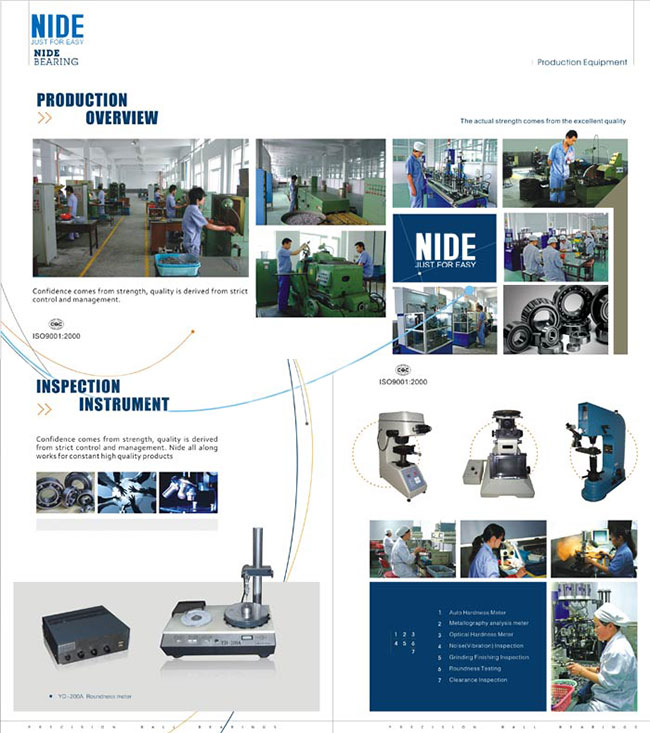
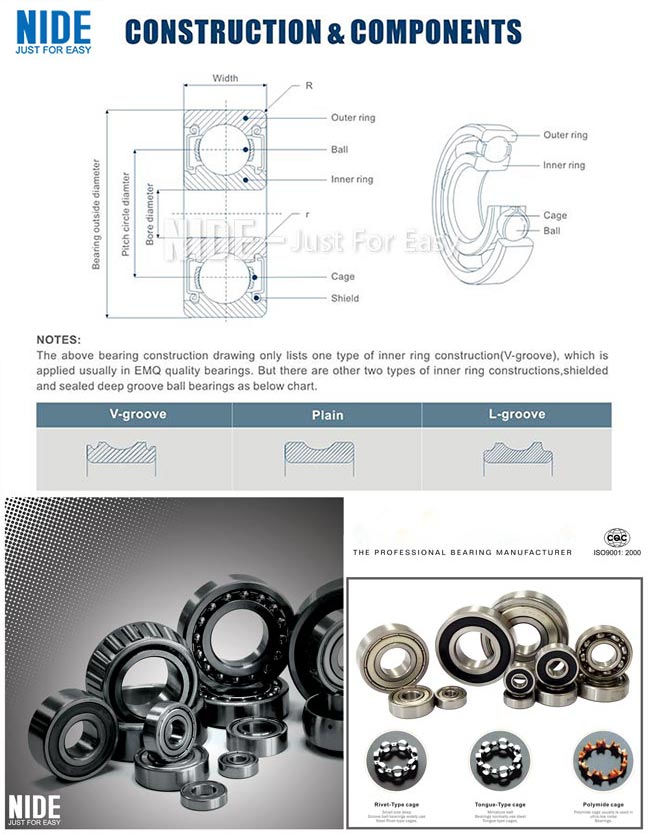
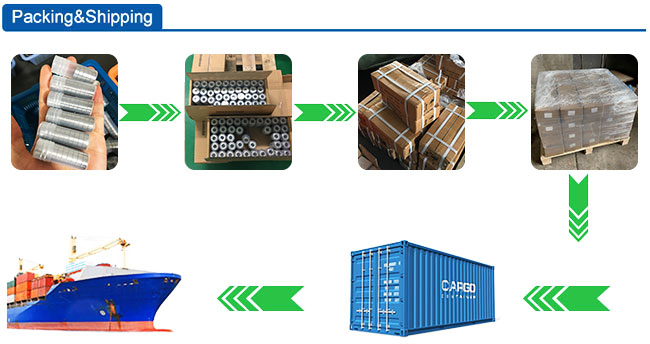
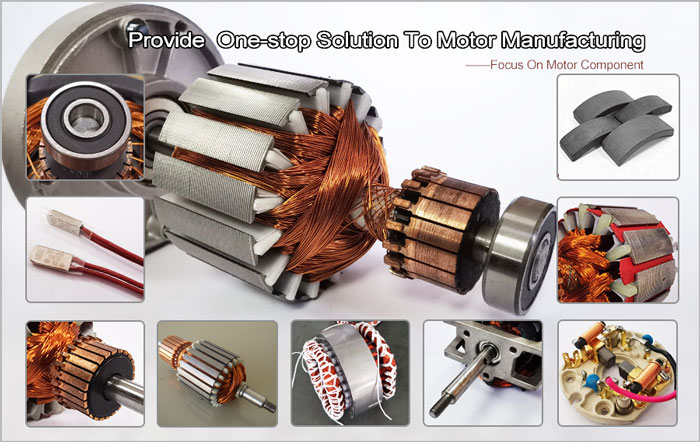
ball bearing door closer---FAQs Guide
2.What anti-corrosion coatings or treatments are available for ball bearing door closer used in marine or outdoor applications?
3.Are there ball bearing door closer designed for use in critical medical equipment?
4.How do manufacturers ensure the quality and reliability of ball bearing door closer through material selection and precision machining?
5.How do cage designs affect ball bearing door closer speed and acceleration capabilities in high-speed machinery?
6.What is the significance of ball bearing door closer lubrication, and how does it affect bearing lifespan and performance?
7.Are there hybrid ball bearing door closer that combine steel rings with ceramic balls to optimize performance in demanding applications?
8.Are there miniature ball bearing door closer designed for use in precision instruments and small-scale mechanisms?
9.Can ball bearing door closer be customized with special coatings or treatments to meet specific industry standards or regulatory requirements?
10.Are there specific ball bearing door closer designed for applications in the aerospace and aviation industries, and what standards do they adhere to?
11.How do preload adjustments in ball bearing door closer affect their performance and suitability for high-precision tasks?
12.What is the typical noise level associated with ball bearing door closer, and how are noise-reduction techniques applied?
1.How do ball bearing door closer handle radial loads, axial loads, and combined loads, and what are their load-carrying capacities?
The type of bearing used also varies between these loads. While deep-groove ball bearing door closer are better equipped to handle radial loads, thrust ball bearings are designed for axial loads. However, it's essential to note that most bearings, such as angular contact ball bearings, can handle both radial and axial loads.The Bearing Static Capacity, Co, is the maximum load that can safely be applied to a non-rotating bearing that will not cause subsequent bearing operation to be impaired. It is based on calculated contact stress at the center of the most heavily loaded rolling element where it contacts the Inner Race.
2.What anti-corrosion coatings or treatments are available for ball bearing door closer used in marine or outdoor applications?
Corrosion Resistant Coatings.Whether ball bearing door closer are manufactured from stainless steel or from chrome, anti-corrosion coatings can be applied. Compared to the natural state of the base metal, these coatings make surfaces less chemically reactive. In their selection of treatments or coatings, some industries choose to consult with the manufacturer of the bearings they use. This is because surface engineering is a highly specialized undertaking. These coatings used for their anti-corrosion properties to protect bearings in harsh environments include the following:Passivation (of stainless steel),Carbide and titanium nitride,Galvanized zinc,Nickel plating,Cadmium plating,TDC (thin dense chrome).
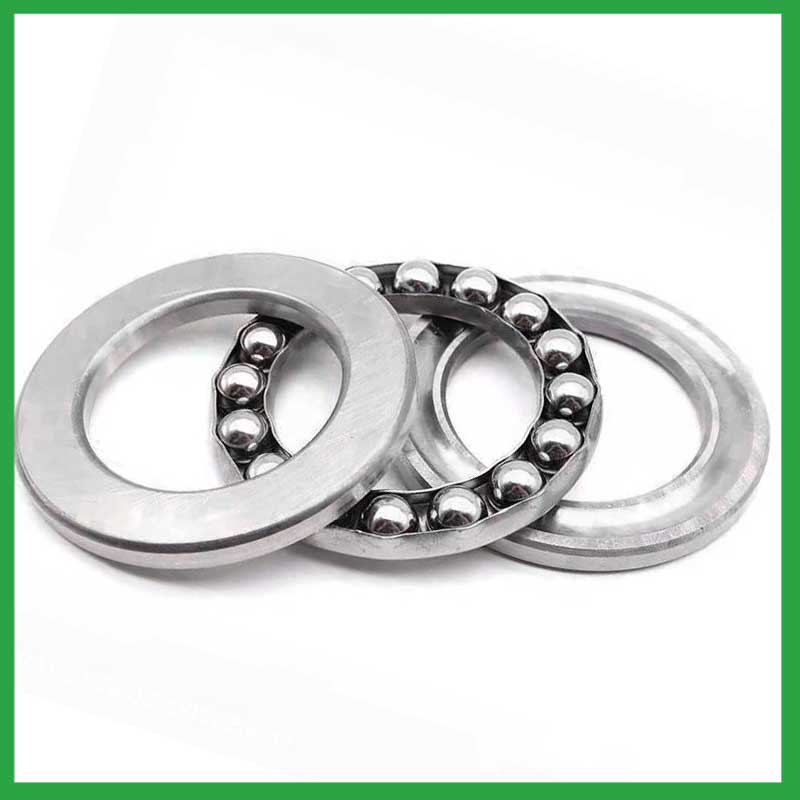
3.Are there ball bearing door closer designed for use in critical medical equipment?
Precision ball bearing door closer are among critical components in medical devices that are vital to ensuring patient safety. Correct choice of suitable ball and ring materials and the right product design can ensure high-precision bearings — and medical devices — have a long service life.
Precision bearings are used in a wide variety of medical devices including surgical power tools, ventilators and heart pumps — and patient safety depends on them all. Whatever the device, there is an onus on medical device original equipment manufacturers (OEMs) to ensure that the right type of bearings are chosen, and fit precisely into the application.
4.How do manufacturers ensure the quality and reliability of ball bearing door closer through material selection and precision machining?
High-precision measuring instruments, such as micrometers and gauges, are used to check the dimensions of the rings and balls to ensure they meet tight tolerances. Surface Finish Inspection: Surface finish is assessed using profilometers to ensure the required smoothness and low friction characteristics.
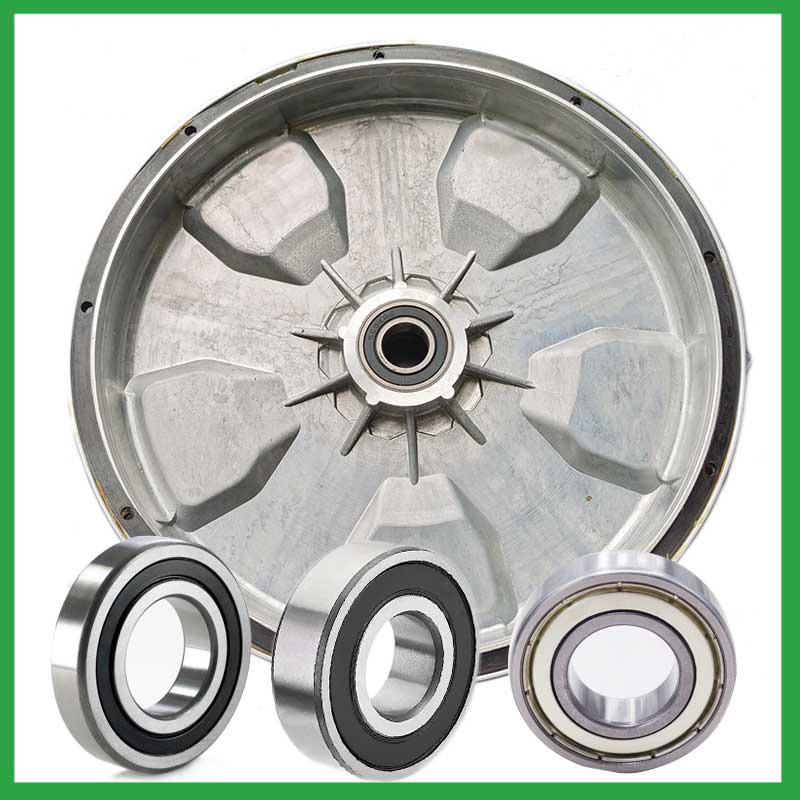
5.How do cage designs affect ball bearing door closer speed and acceleration capabilities in high-speed machinery?
In high-speed ball bearing door closer, external load has a great effect on cage stability and sliding ratio, especially for the bearings at work in the starting process. The cage stability is worse in the beginning of the bearing starting process. The axial load greatly influences cage dynamic performance in the bearing starting process.
In addition, while ball bearings worked under steady conditions, axial load and radial load both have a great influence on cage dynamic performance. The effects of axial load on cage dynamic performance during the bearing starting process are opposite from the effects under steady conditions.
6.What is the significance of ball bearing door closer lubrication, and how does it affect bearing lifespan and performance?
Bearing lubrication is vital for preserving the performance and lifespan of rolling element bearings. Lubrication helps separate moving parts relative to one another, such as rollers and raceways or balls, to prevent wear and tear and friction.
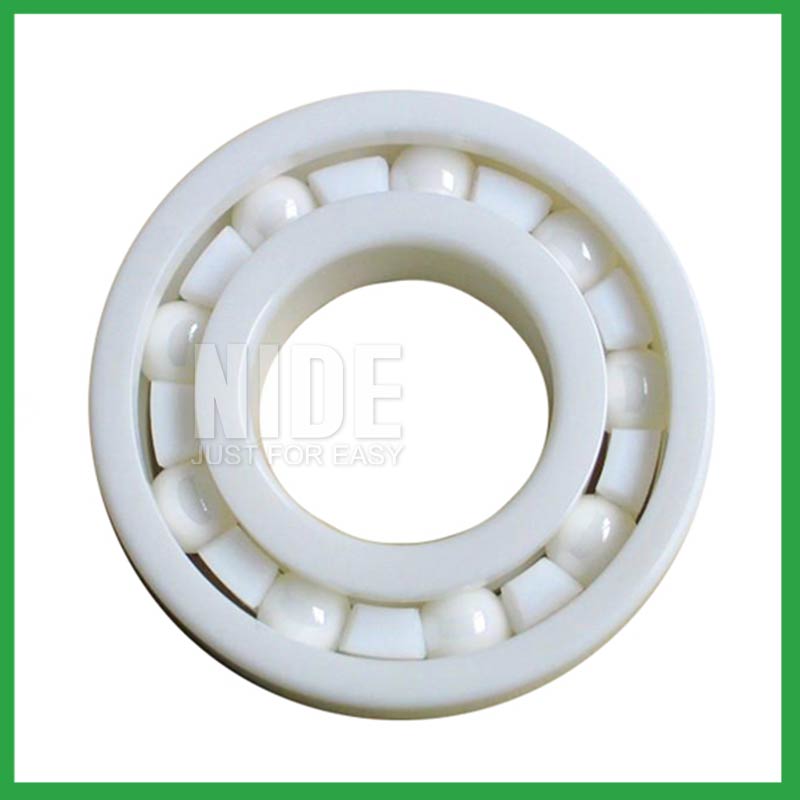
7.Are there hybrid ball bearing door closer that combine steel rings with ceramic balls to optimize performance in demanding applications?
Hybrid Ceramic ball bearing door closer. Ceramic ball bearings (also known as hybrid bearings) are the one component that'll easily optimize the performance of your application. Hybrid bearings have ceramic (silicon nitride, Si3N4) balls and 52100 bearing steel rings.
8.Are there miniature ball bearing door closer designed for use in precision instruments and small-scale mechanisms?
Miniature bearings, despite their small size, play a significant role in various industries and applications. These compact powerhouses, typically measuring less than one inch in outer diameter, offer exceptional precision, durability, and reliability. Miniature bearings find extensive use in precision instruments and robotics.
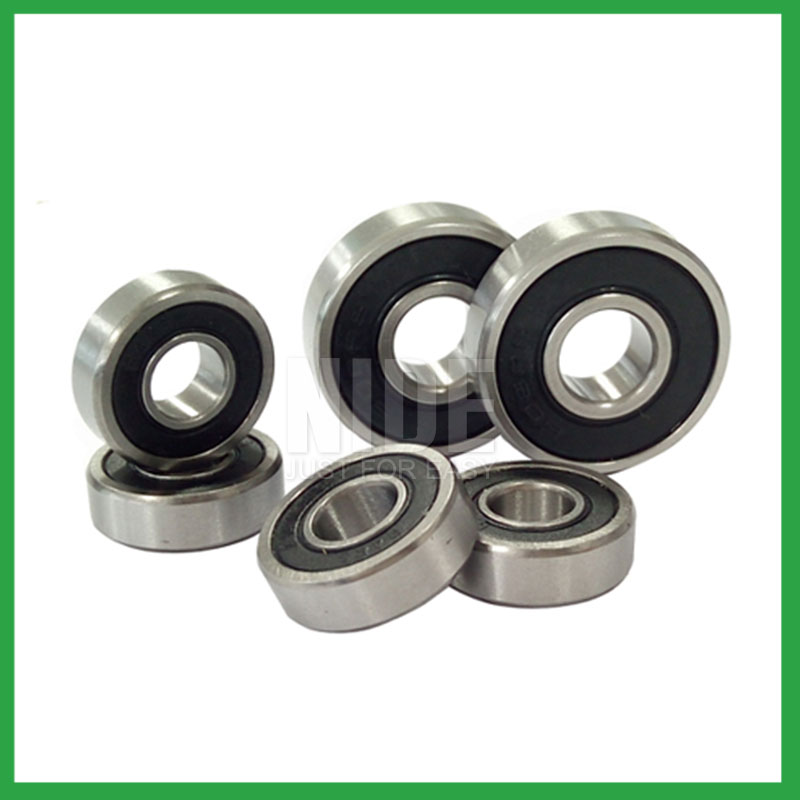
9.Can ball bearing door closer be customized with special coatings or treatments to meet specific industry standards or regulatory requirements?
Yes, ball bearing door closer can be customized with special coatings or treatments to meet specific industry standards or regulatory requirements.
1. Corrosion-resistant coatings: These coatings are used to protect the bearings from corrosion caused by exposure to moisture, chemicals, and other corrosive substances.
2. High-temperature coatings: These coatings are used to improve the thermal stability and performance of bearings in high-temperature environments.
3. Food-grade coatings: These coatings are specially designed for applications in the food and beverage industry, where bearings come into contact with food, beverage, or pharmaceutical products.
4. Anti-static and non-conductive coatings: These coatings are used to dissipate static electricity, which can cause damage to electronic components.
5. Specialized lubrication treatments: Bearings can be treated with specialized lubricants that meet specific industry standards or regulatory requirements.
10.Are there specific ball bearing door closer designed for applications in the aerospace and aviation industries, and what standards do they adhere to?
Airframe control ball bearing door closer are specialized bearings tailored for aircraft structures, particularly control systems and surfaces. Designed for low-speed oscillatory applications, they offer precision and support, effectively managing misalignments and flight-induced stresses.
Airframe Control bearings are lightweight, corrosion-resistant, grease-lubricated, and are sealed on most occasions. They come in precision grades for running accuracy.
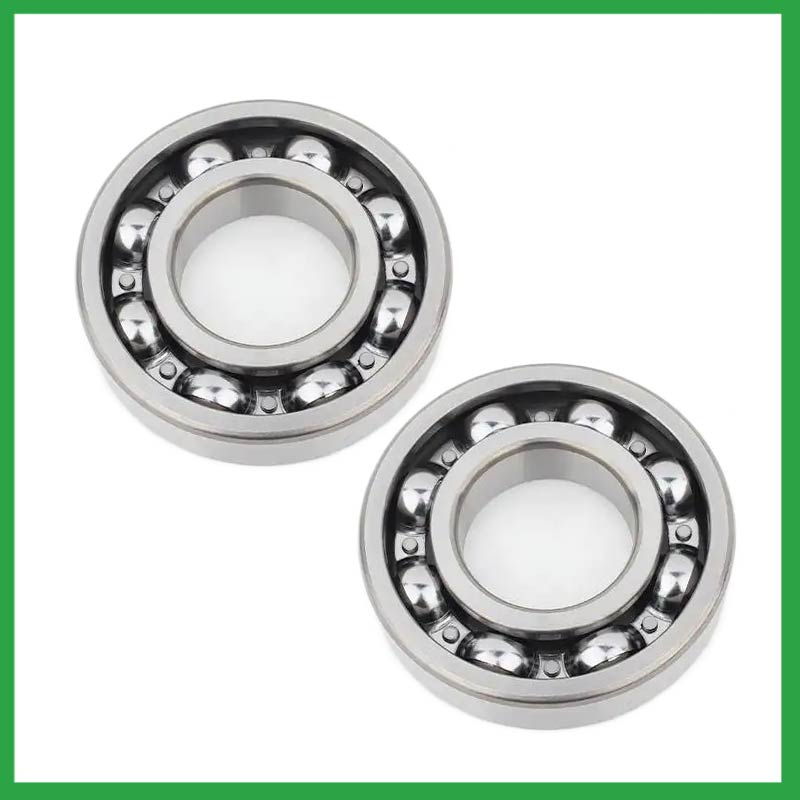
11.How do preload adjustments in ball bearing door closer affect their performance and suitability for high-precision tasks?
Benefits of Preloading a Bearing
Optimizes the ball spin to roll ratio.
Increases the rigidity of an application.
Protects from excessive ball skidding.
Decreases application vibration and sliding friction.
High running accuracy (even if load conditions keep changing)
Increases bearing load capacity.
12.What is the typical noise level associated with ball bearing door closer, and how are noise-reduction techniques applied?
To measure in accurate way the ball bearing door closer noise under rotation during their manufacturing process is a key activity particularly in the production of medium, small and ultra-small deep groove ball bearings. This capability in bearings noise analysis has become the real distinguishing element between a standard bearings noise equipment and a superior class one.
The various types of vibration and sound in rolling bearings can be grouped in four main categories: structural, manufacturing, handling and other. The structural vibration consists mostly of race, click, squeal and cage noise: it can be continuous or intermittent depending on specific cases. The manufacturing vibration is instead related to the waviness noise generated by the geometrical imperfections of inner and outer ring and of rolling elements, being always continuous in nature. The so-called handling vibration is normally associated with flaw and contamination and is generating – in most of the cases – irregular noise. Then there are other types of vibrabition that include noise generated by sealing and lubricant (irregular) or by runout (continuous).
